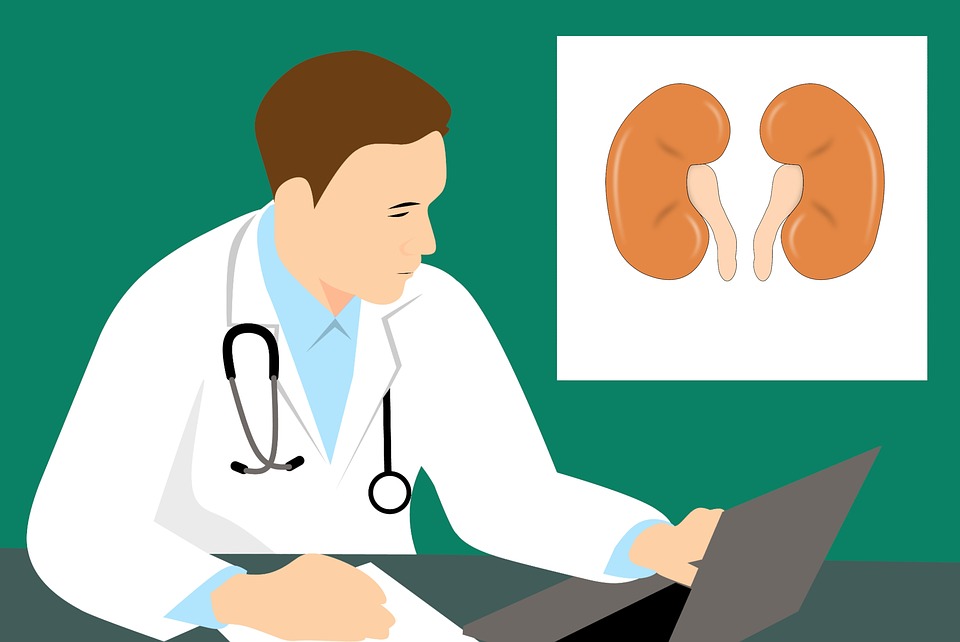The Connection Between Your Kidneys And Water
The kidneys not only have the maximum water content in the body, they also receive the maximum water supply
Man And The Water Connection
The connection between water and the human body dates back to thousands of centuries. Also, legend has it that primitive man originated in the water and was an aquatic animal. Over a period of time, he ventured out of his natural habitat of water and moved on to dry land. However, to feel comfortable, he retained the basic watery environment he was accustomed to, by internalising it. Thus, the water he was living in, was contained within his body even after he moved to dry land.
Was Man An Aquatic Animal?
Research states that the constituents of water within our bodies are very similar to the constituents of sea water, though the concentrations are different. During pregnancy as well, the amniotic fluid that the foetus floats in and derives nutrition from, has almost the same constituents as sea water with different concentrations, of course. This forms the main argument of those evolutionary theorists who claim that man evolved from an aquatic animal to a land animal. According to them, though we are physically out of water, in essence, we are still constantly swimming in our own personal little oceans.
Depending on one’s age, anything from 50 per cent to 80 per cent of the body consists of water. In the elderly, 50 per cent of the body is water, while in infants (babies below one year of age), 80 per cent of the body is water! Thus, a 70-year-old who weighs 60 kilos would have 30 litres of water inside, while a nine-month old infant weighing five kilos would have four litres of water inside. This water overload’ Is essential, because water is required for all the functions of the cells of the body. Man can live for weeks without food, but hardly a few days without water.
Distribution Of Water In The Human Body
Within the human body, water is distributed in three different compartments known as intracellular, interstitial and intravascular.
Intracellular Compartment
This compartment contains 66 per cent of the total body water. All the functions of the cells are dependent on this water and water deprivation leads to cell dehydration and cell death.
Interstitial Compartment
This compartment contaIns 25 per cent of the total body water. The interstitium is the ‘scaffolding’ which supports all the cells and it forms a crucial support system for the cells. Water deprivation leads to the interstitium collapsing and resultant cell death.
Intravascular Compartment
This compartment contains eight per cent of the total body water. Blood also called the elixir of life,’ flows through this compartment. Blood Is important and water deprivation leads to the thickening of blood which results in a sluggish blood flow and poor blood supply to all tissues and organs, leading to organ damage.
The Amount of Water In Our Organs
All organs in the human body have large amounts of water within them. Most vital organs are at least 70 per cent water. The brain is 75 per cent water, the heart is 79 per cent water, the lungs are 79 per cent water and the liver Is 68 per cent water.
The maximum amount of water is found in the blood and the kidneys, which contain 83 per cent water. It is obvious that the more active the organ, the more the water content. It is not at all surprising that the organ with the least water content is also the least active and least useful of all organs – this is adipose (fat) tissue which is just 10 per cent water!
Water And Your Kidneys
The kidneys have a huge role to play in the management of the water content of the body. They not only have the maximum water content, they also receive the maximum water supply. Also, the maximum blood flow ¡s to the kidneys and as the blood itself is 83 per cent water, it ensures that the kidneys are adequately watered, at all times. Even in dehydrated states, the kidneys are preferentially watered and reduction in urine quantity es an ominous sign of far-reaching consequences.
On their part, the kidneys wisely utilise the large amounts of water flowing theirway By various mechanisms and in a series of elegant steps, they purify over 180 litres of blood every single day. They also retain all the essential chemicals and nutrients and send them back Into the blood stream. At the same time, they excrete toxins from the body in the form of urine. Of the 180 litres of blood filtered by the kidneys, just two litres is excreted as urine. Thus, the optimal amount of water to keep your kidneys purring along is 2.5 to 3 litres a day. More than that is unnecessary and dangerous.
